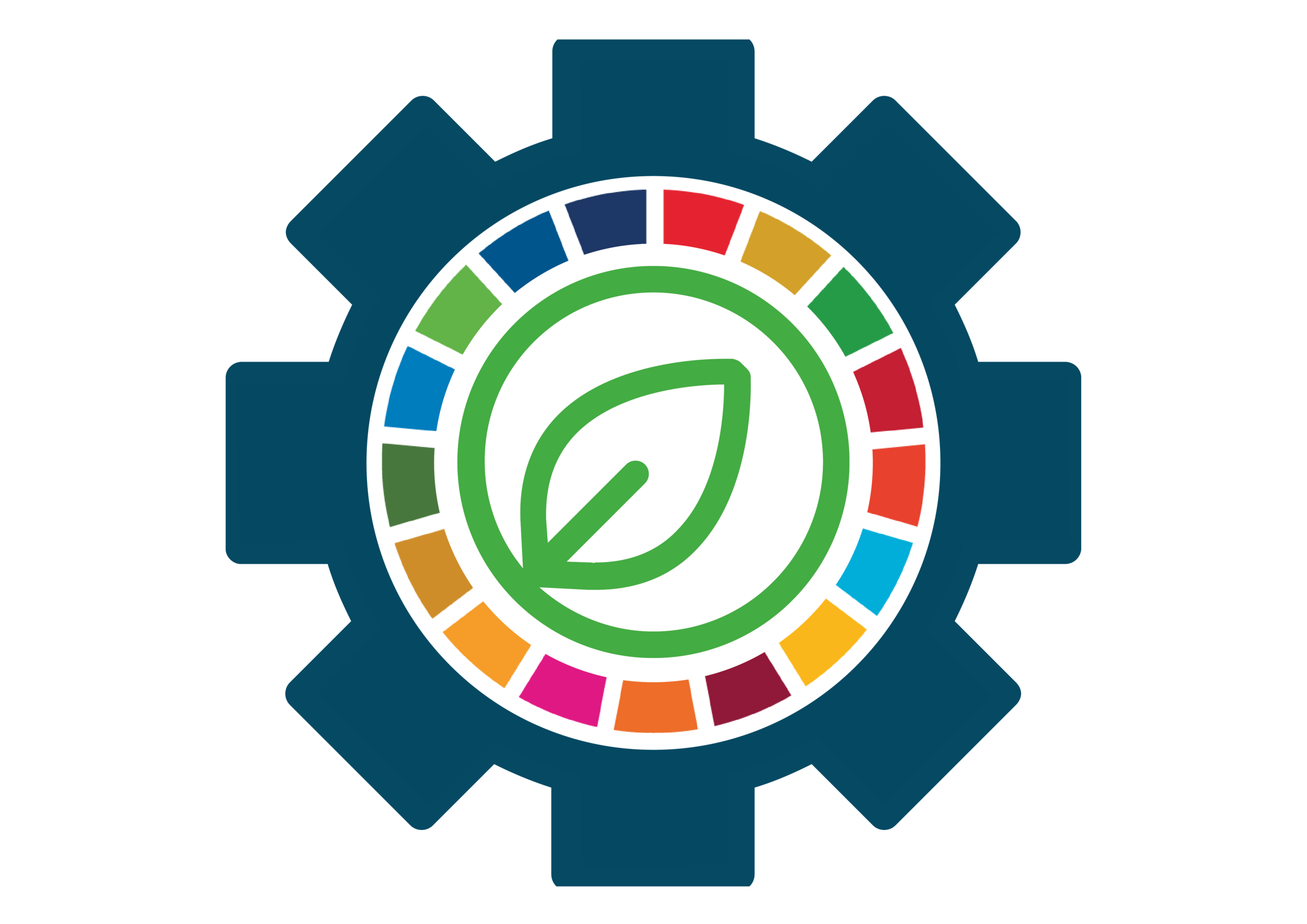Building a Resilient Workforce Transition Together
While the health crisis brought about by COVID-19 might be over, companies are still dealing with its dramatic social and economic consequences. To overcome present and future crises, companies need to join forces with their industry federations to increase the resilience of their workforce. How? By engaging in collaborative actions via the European Pact for Sustainable Industry to double down on upskilling, reskilling, and social protection.
The fallout of the COVID-19 pandemic on the labour market has been dramatic. Despite the measures adopted to secure the wellbeing, safety, mobility, productivity, and engagement of employees, according to the International Labour Organisation (ILO), half of the global workforce still stands in immediate danger of having their livelihoods destroyed.
As we are leaving behind strict social distancing and self-isolation guidelines, we cannot return to “business as usual”. Companies, and their industry federations, have to take into account their social, environmental and economic impact on society and human rights to the fullest degree.
To foster lifelong employability and social cohesion, building up prosperous communities, companies and industry federations need to start sector and cross-sector collaborations to address:
Upskilling and re-skilling issues of their workforce
Unemployment
Intergenerational inequalities
Only in this way, they will build the resilience necessary to overcome present and future crises, while we transition towards a low-carbon economy.
To support companies and industry federations in this undertaking, CSR Europe has developed the European Pact for Sustainable Industry, setting the basis for a pan-European movement aimed at invigorating leadership and engagement towards a Sustainable Europe 2030.
Under the umbrella of the Pact, companies and industry federations can collaborate constructively, actively and on an ongoing basis at every level, from local to global, to:
Care about people’s health, families, jobs, and communities
Increase the resilience of enterprises and support new forms of leadership, entrepreneurship and sustainable finance that creates value to society
Protect and create jobs and innovate economic activities within a socially inclusive and just transition.
Actively contribute to shape policies at the European, national, and local level to reach the Sustainable Development Goals (SDGs), especially “Good Health and Well-Being” (SDG 3); “Quality Education” (SDG 4), “Gender Equality” (SDG5); “Decent Work and Economic Growth (SDG 8); “Industry, Innovation and Infrastructure (SDG 9); “Reduced Inequalities (SDG 10); “Sustainable Cities and Communities (SDG 11).
Companies and industry federations who join the Pact have the opportunity to benefit from the consolidated experience of our business network of corporate members, associated partners and National Partner Organisations (NPOs), in addressing two key challenges of workforce transformation:
Just Transition: To tackle the social impact of decarbonization on jobs and employability; consumption and lifestyle; finance and investments. At the next webinar, on Tuesday, June 23, we will tackle, together with the European Commission, the social implications of financing a Just Transition.
Future of Work: To investigate how HR transformation can support the employability of vulnerable workers, who are at risk of losing their jobs due to technological progress and companies’ restructurings. Do not miss what EU policymakers and companies are doing to foster the adoption of new technologies and new business models to address skills gaps and empower people to up-/re-skill. Join the webinar on “The Role of Strategic Workforce Planning in Shaping New Career Paths” on Thursday, June 18, 2020.












